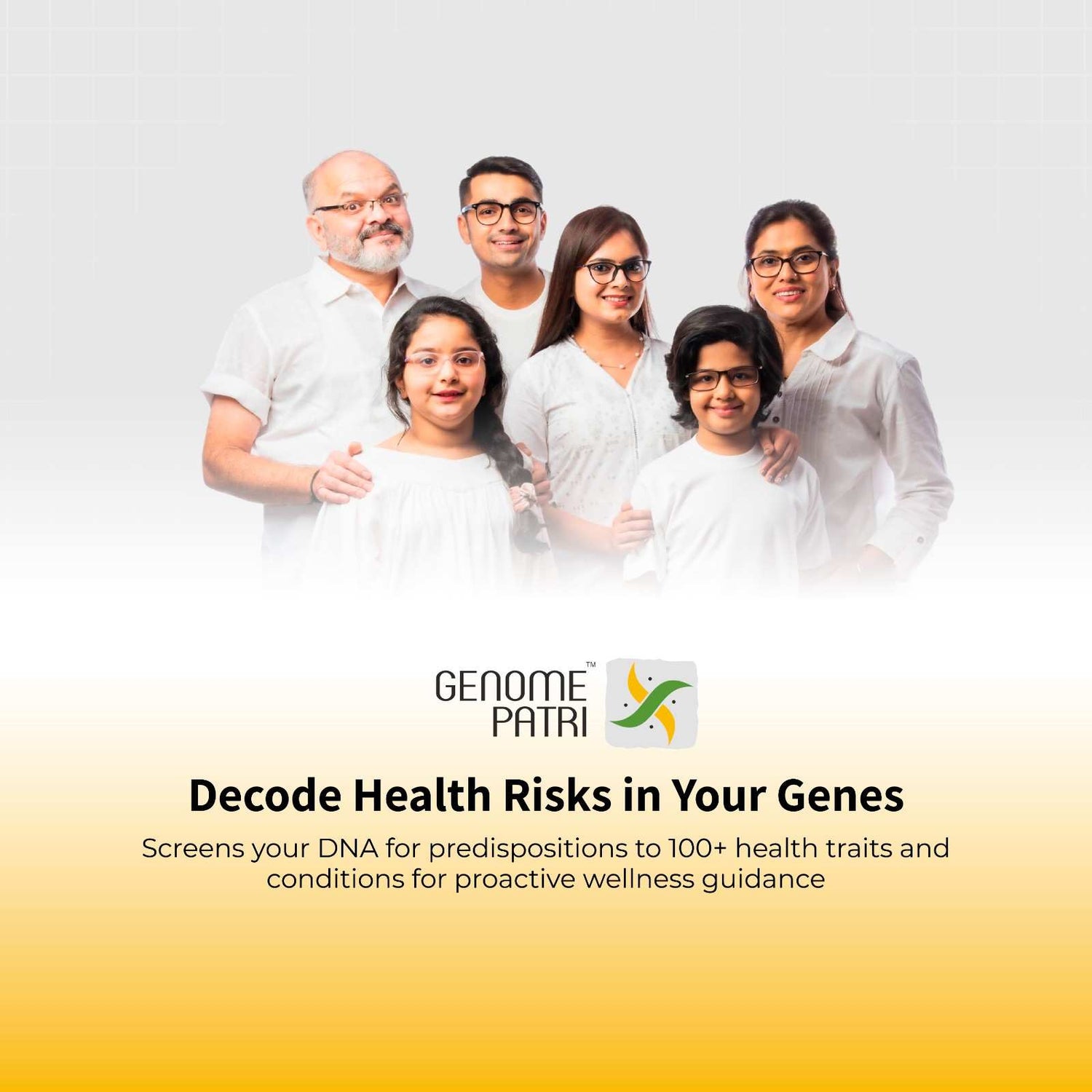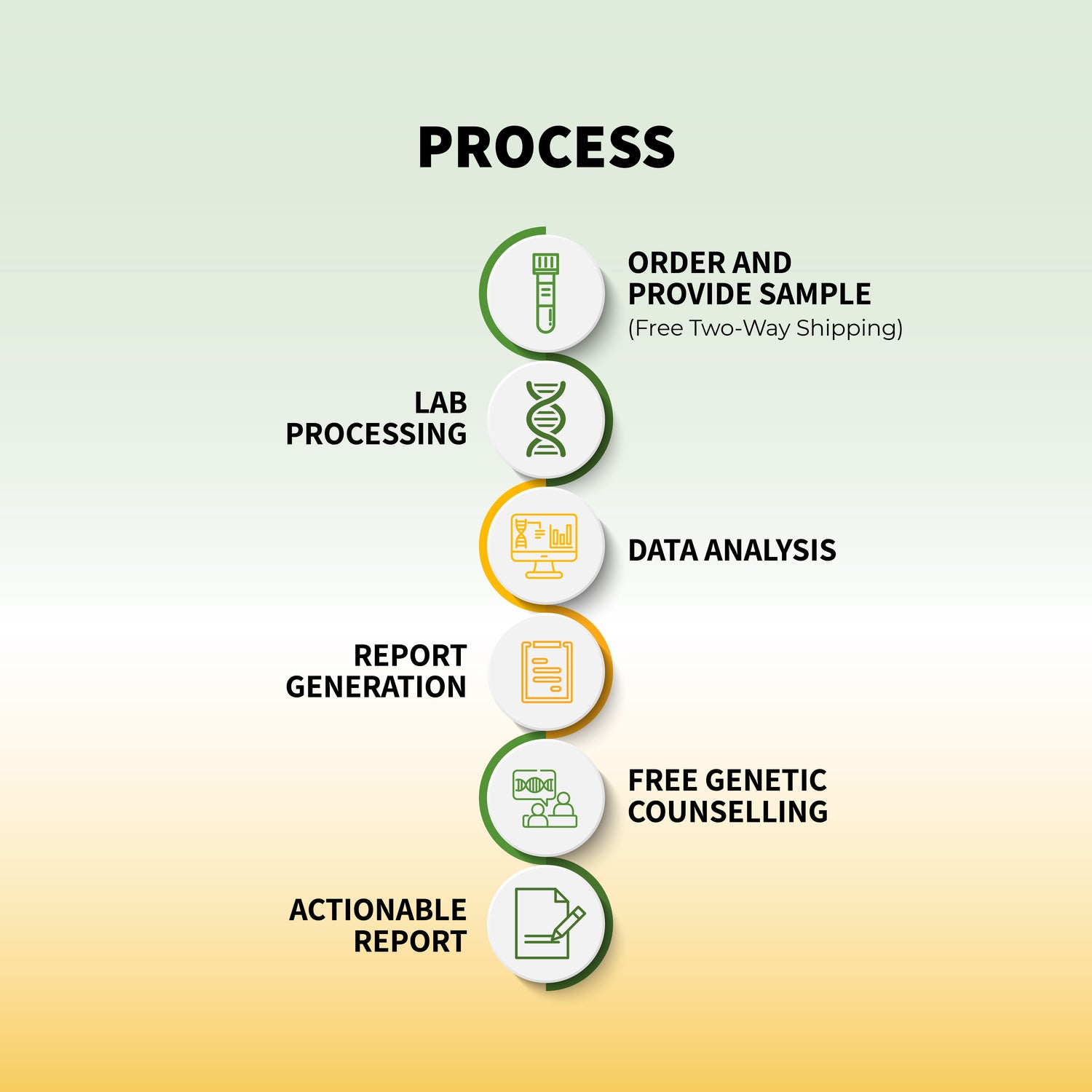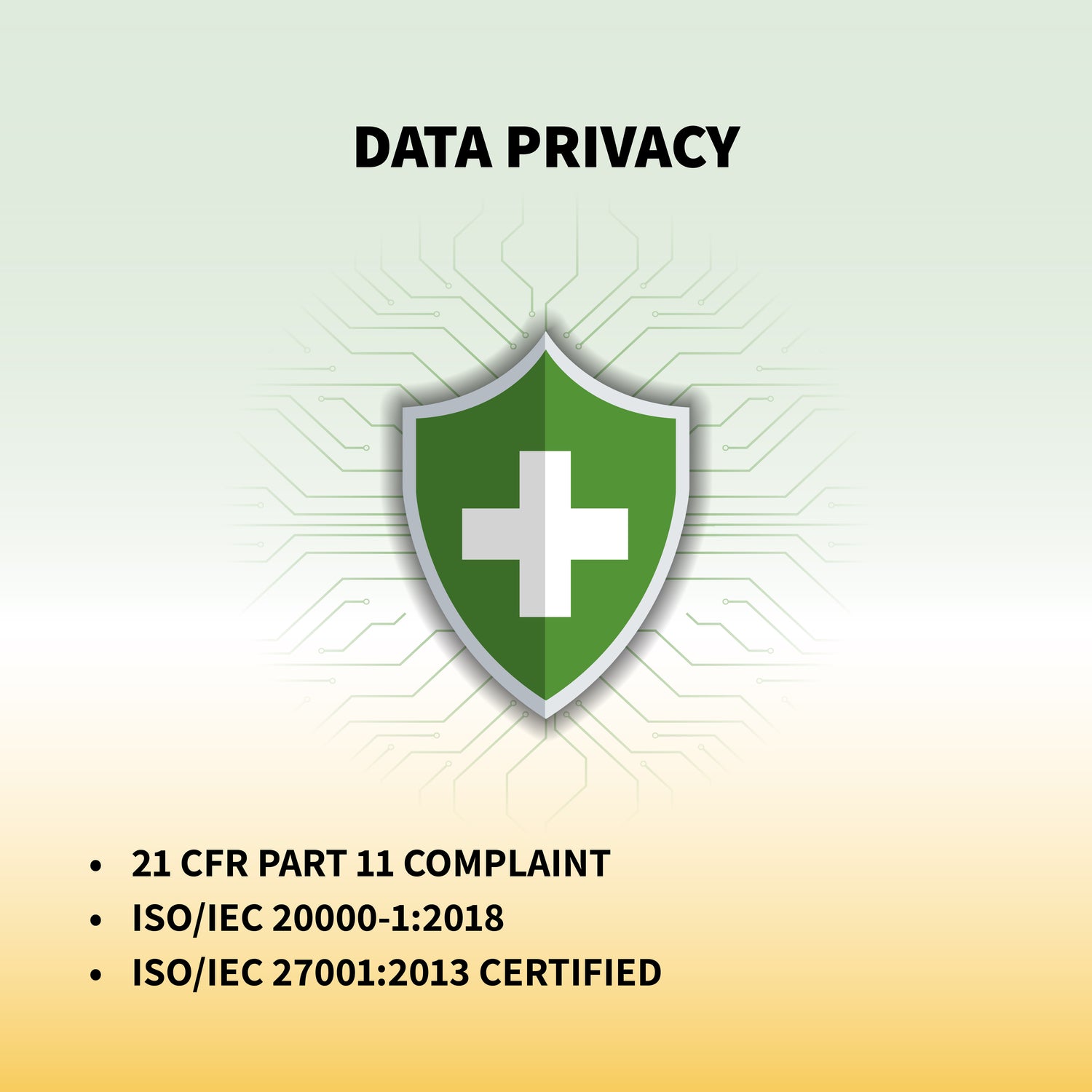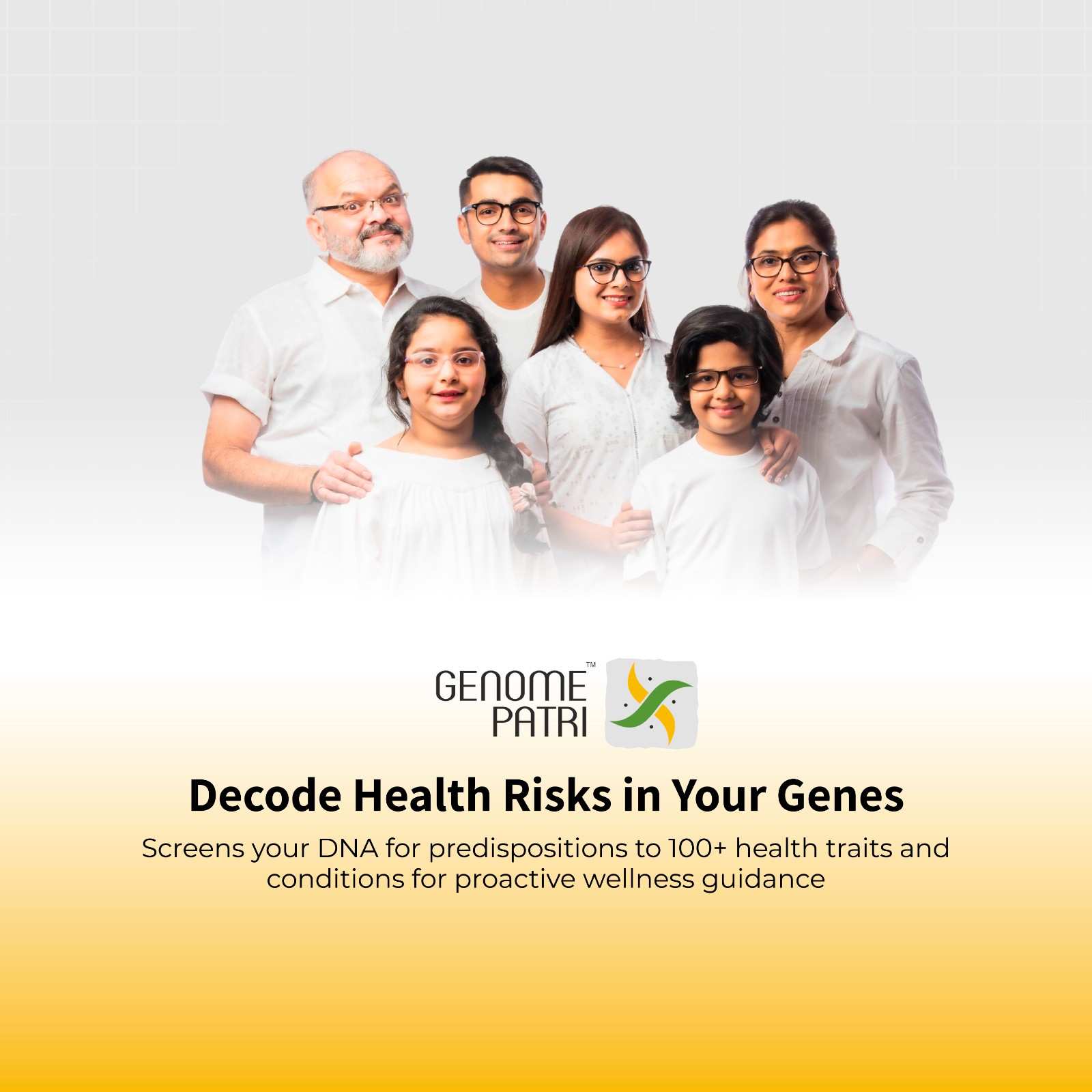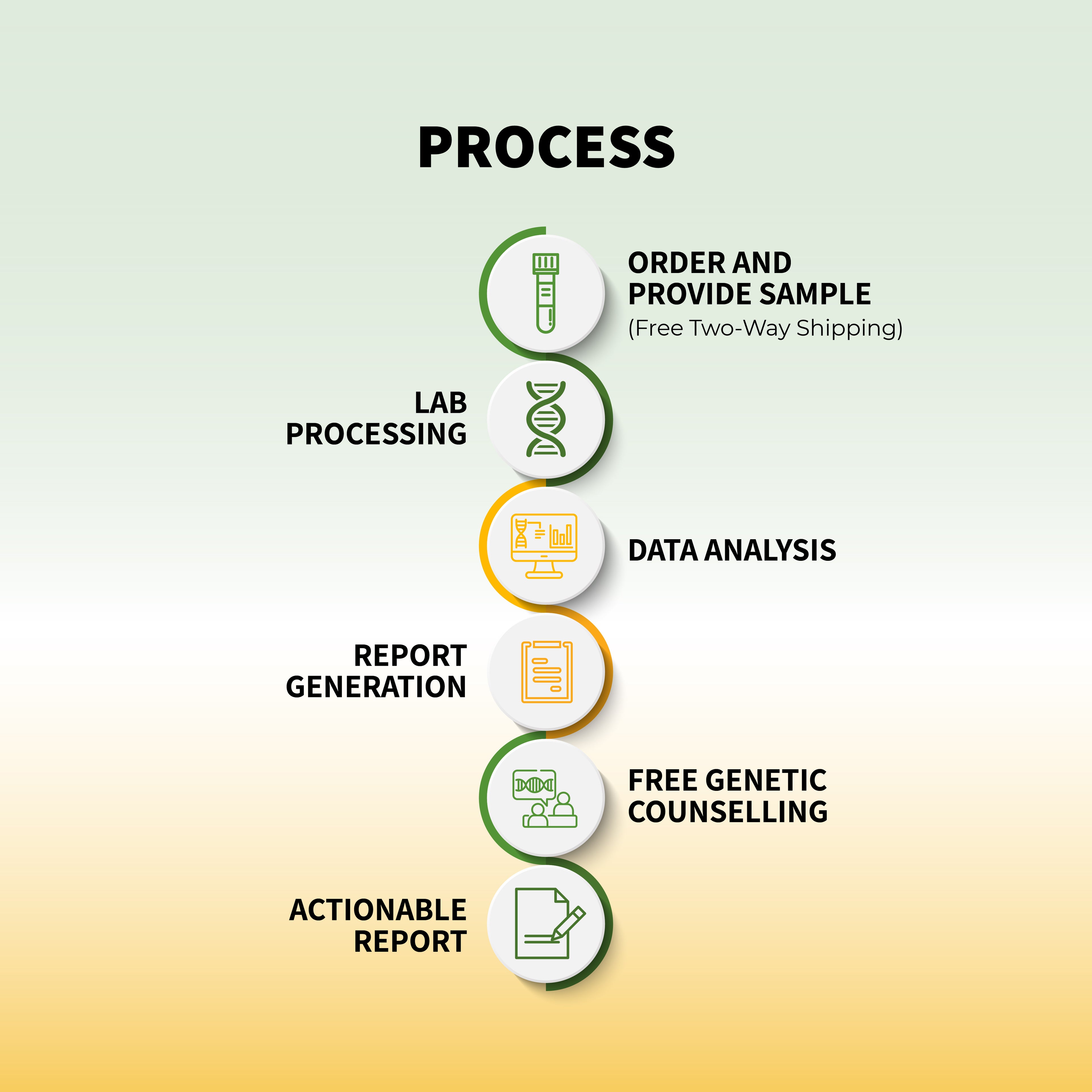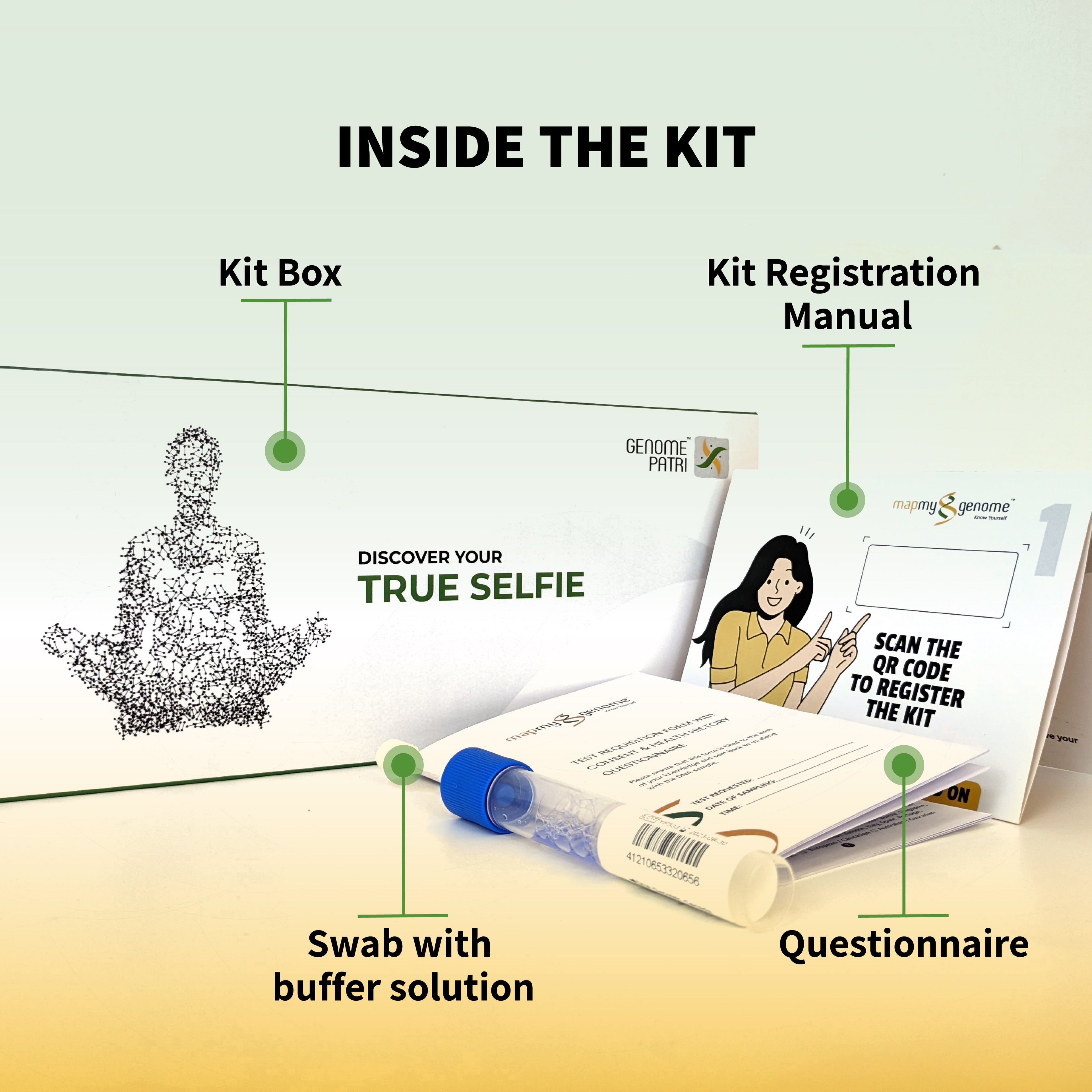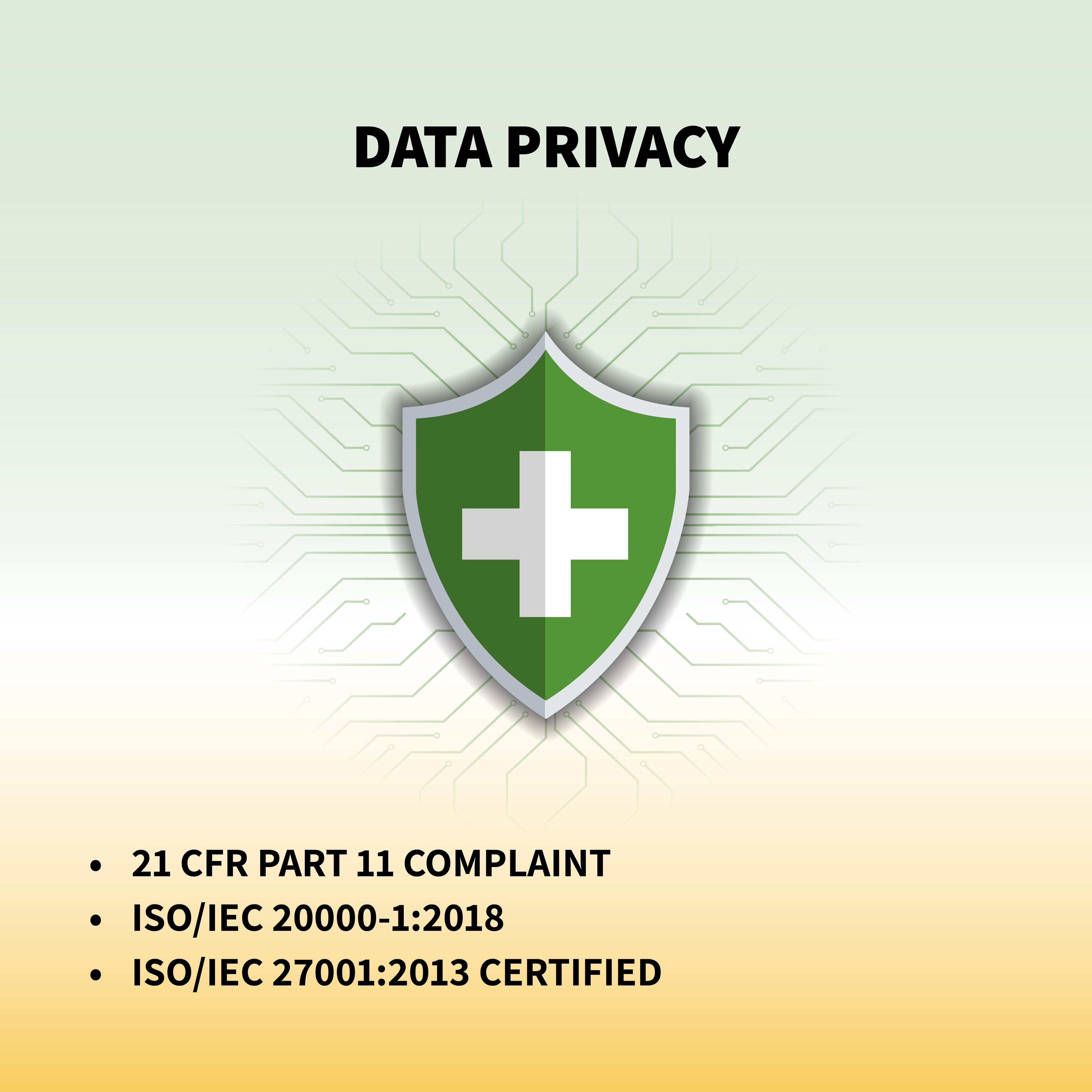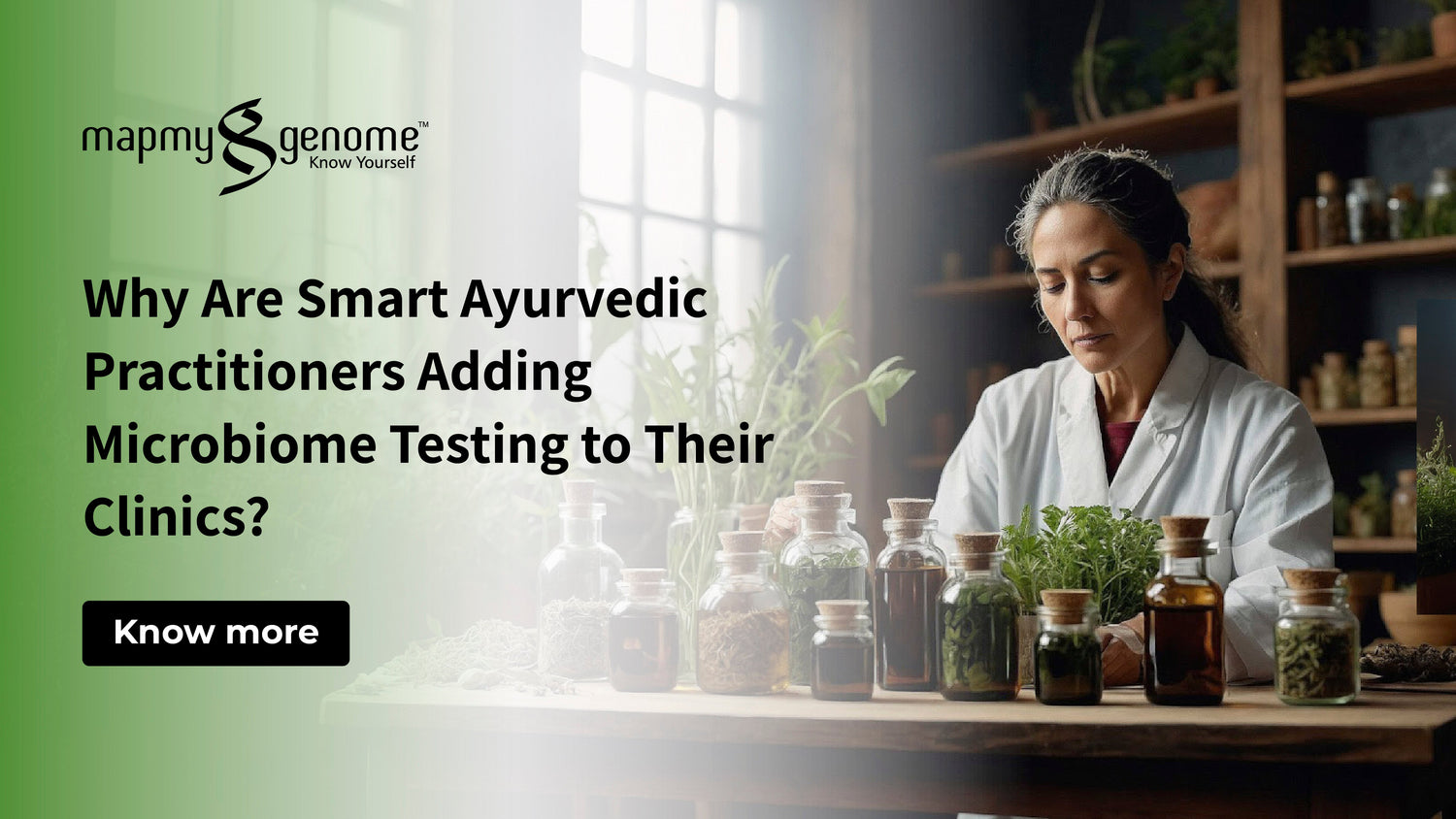We all know that food plays a big role in how we feel—but did you know what you eat can also affect your cancer risk? Yep, science says your plate can be a powerful shield against certain types of cancer, especially when combined with genetic awareness. Whether you're already health-conscious or just starting to explore the idea of an anti-cancer diet, this guide breaks it down in a way that’s super simple and practical.
What’s the Connection Between Food and Cancer?
Cancer isn’t just about genes—it’s about how your environment and lifestyle interact with your DNA. Some people may have a genetic cancer risk, but the foods they eat can influence whether or not those genes actually get triggered.
This is where the idea of epigenetics comes in. Certain foods can actually turn on or off genes linked to inflammation, cell repair, and even tumor growth.
10 Best Foods to Fight Cancer (According to Science)
Let’s dive into the top science-backed foods that help fight or prevent cancer:
1. Cruciferous Vegetables
Think: broccoli, cauliflower, cabbage, kale, and Brussels sprouts.
These veggies contain sulforaphane—a compound known to boost your body’s detox pathways and kill cancer cells in lab studies.
- A study from Johns Hopkins University found sulforaphane may reduce the size and number of cancer cells in the prostate.
2. Berries
Berries (especially blueberries, raspberries, and strawberries) are full of antioxidants and ellagic acid, which protect your cells from damage and slow the growth of cancer.
3. Tomatoes
Tomatoes are rich in lycopene, a pigment that may help reduce the risk of prostate and breast cancer. Cooking them (like in a sauce) boosts lycopene availability.
4. Garlic and Onions
Members of the allium family (like garlic, onions, leeks) have been shown to lower the risk of stomach and colorectal cancers.
- Fun fact: Garlic activates enzymes that neutralize carcinogens!
5. Turmeric
This golden spice contains curcumin, a powerful anti-inflammatory and antioxidant compound. Research suggests curcumin may slow cancer cell growth in breast, bowel, and stomach cancers.
6. Green Tea
Rich in catechins, green tea may prevent cancer by blocking the formation of cancer-causing compounds and reducing tumor growth.
7. Leafy Greens
Spinach, arugula, swiss chard, and kale are high in folate and carotenoids, both linked to lower risks of several cancers, especially breast and colorectal.
8. Fatty Fish
Salmon, sardines, and mackerel are loaded with omega-3 fatty acids, which are anti-inflammatory and support cell health.
9. Legumes
Beans, lentils, and chickpeas contain fiber, which keeps your gut healthy and may reduce the risk of colorectal cancer.
10. Whole Grains
Brown rice, oats, barley, and quinoa provide fiber, antioxidants, and minerals that support healthy digestion and lower cancer risk.
What If You Have a Genetic Cancer Risk?
If cancer runs in your family, your DNA may carry certain mutations—like BRCA1/2 (linked to breast/ovarian cancer), MLH1 (linked to colon cancer), or others.
But here’s the good news: a healthy anti-cancer diet can still help reduce the expression of those risky genes. Combine the right foods with regular screenings and a healthy lifestyle, and you’ve got a strong defense.
Want to know your personal risk? Consider taking a genetic cancer screening test like DNA OncoScreen to understand what your genes are saying.
Anti-Cancer Diet Tips You Can Start Today
Building a cancer-fighting diet isn’t about being perfect—it’s about making smart, consistent choices. Here’s how to begin:
✅ Fill Half Your Plate with Plants
Vegetables, fruits, and whole grains should be the stars of your meal.
✅ Choose “Good Fats”
Use olive oil, nuts, seeds, and fatty fish instead of fried or processed fats.
✅ Cut Back on Processed Meats
Limit bacon, sausage, and ham—they’re linked to increased colorectal cancer risk.
✅ Limit Sugar and Refined Carbs
High sugar intake can lead to obesity, which increases the risk for many cancers.
✅ Hydrate with Herbal Teas & Water
Ditch sugary drinks. Green tea or turmeric lattes are great anti-cancer options.
Real-Life Anti-Cancer Meal Ideas
-
Breakfast: Oats with blueberries, walnuts, and a drizzle of honey
-
Lunch: Quinoa salad with spinach, tomatoes, chickpeas, and olive oil
-
Snack: Green tea and a handful of almonds
-
Dinner: Grilled salmon with steamed broccoli and brown rice
-
Dessert: Greek yogurt with strawberries
Can Genetic Testing Improve Your Diet?
Absolutely. If you’ve taken a genetic test for cancer or nutrition, you’ll have even more clarity on what your body needs.
You’ll learn:
-
If your body detoxifies slowly (time to eat more cruciferous veggies)
-
If you need more folate or omega-3s
-
If certain foods (like red meat) raise your cancer risk
A DNA-based diet plan is a great way to turn your genetic results into an actionable nutrition plan.
Final Thoughts: Let Food Be Your First Line of Defense
Food isn’t just fuel. It’s a powerful, proactive way to protect your cells, especially if you carry a genetic cancer risk. While no food is a magic cure, making anti-cancer choices daily can make a real difference over time.
So the next time you build your plate, think of it as fuel for life—a life where you're not just surviving, but thriving.
FAQs About Foods That Prevent Cancer
Q1: Can diet really prevent cancer?
Yes, while no diet can offer 100% protection, research shows that eating a plant-rich diet can lower your cancer risk significantly—especially for colon, breast, and stomach cancers.
Q2: How often should I eat anti-cancer foods?
Make them a regular part of your meals! Aim for a rainbow of fruits and vegetables daily, at least 5 servings.
Q3: Is there a genetic test to assess cancer risk?
Yes! Tests like DNA OncoScreen help identify inherited gene mutations associated with cancer risk. Knowing your risk can help you make smarter food and lifestyle choices.
Q4: Are supplements a good substitute for anti-cancer foods?
Whole foods are always better. Supplements can help if you’re deficient, but they don’t have the synergy of nutrients found in real food.
Q5: What foods should I avoid to lower cancer risk?
Limit processed meats, red meat, sugary drinks, and ultra-processed snacks. Choose whole, minimally processed options whenever possible.



